Work for us
at the University of Cambridge
The University of Cambridge's Job Opportunities pages offer current vacancies and those of many Cambridge colleges and affiliated institutions. You can also find all of the information you need about working for one of the world's oldest and most successful universities.
Currently available within the CNEC
Research Assistant/Associate in Monte Carlo Radiation Transport and Reactor Analysis (Fixed Term)
We are looking for an adventurous researcher to explore Monte Carlo methods for radiation transport (as part of the EPSRC grant, MaThRad). The Cambridge Nuclear Energy group is developing a modern, modifiable radiation transport code, SCONE. We are looking for software developers/researchers with experience of implementing physical models who are keen to understand radiation transport and Monte Carlo code development. The ideal candidate will work within a team to improve SCONE whilst also contributing ideas to expand the application of Monte Carlo methods.
Areas of interest include Monte Carlo applied to reactor multi-physics (static and dynamic), radiation shielding and variance reduction, medical physics and charged particle transport, and algorithmic acceleration techniques. Researchers will have significant freedom in deciding their preferred direction.
Closing date: 20 March 2024
Research Assistant/Associate in Reactor Physics Modelling and Uncertainty Quantification (Fixed Term)
Two positions exist, for a Research Assistant/Associate in the Department of Engineering, to work on a reactor-physics based assessment of the role of uncertainty in a severe nuclear accident.
The post-holders will be located in Central Cambridge, Cambridgeshire, UK.
The key responsibilities and duties are: completing a review of relevant existing literature; continually updating knowledge and understanding of relevant modelling and uncertainty quantification methods; development and validation of suitable reactor - and multi-physics models of a 4-loop Westinghouse PWR; application of suitable uncertainty quantification methodologies to enable the impact of uncertainties on the progression of loss of coolant accidents to be assessed; writing research publications and attending conferences; writing reports and participating in meetings with project partners.
Closing date: 13 March 2024
EPSRC Doctorial Training opportunities
For your information, EPSRC Doctoral Training Opportunities are offered via the University of Cambridge website.
Recently available within the CNEC
Research Assistant/Associate in Monte Carlo Radiation Transport and Reactor Analysis
We are looking for an adventurous and talented researcher to fill a Postdoctoral position as part of the recently awarded £7.3M EPSRC programme grant, MaThRad (Mathematical Theory of Radiation Transport). This five-year interdisciplinary programme of research will use modern mathematical methods from probability theory, advanced Monte Carlo methods and inverse problems to develop novel approaches to the theory and application of radiation transport.
Research Assistant/Associate in Reactor Physics Modelling and Uncertainty Quantification
We are looking for an adventurous and talented researcher to fill a postdoctoral position as part of the EPSRC eMEANSS (Enhanced Methodologies for Advanced Nuclear System Safety) grant. This three-year interdisciplinary programme of research will undertake a re-assessment of the impact of uncertainties within the nuclear industry. The researcher based in Cambridge will investigate the performance of state-of-the-art uncertainty quantification methods in the assessment of a severe nuclear reactor accident.
Research Assistant/Associate in Nuclear Engineering of Sodium-Cooled Fast Reactors
A position exists for a Research Assistant/Associate in the Department of Engineering, central Cambridge. The post holder will contribute to the development of an advanced Sodium-cooled Fast Reactor (SFR). European Sodium-cooled Fast Reactor project (ESFR-SMART) has been recently awarded an extension by another four years through a successful application for the Horizon Europe research grant scheme.

